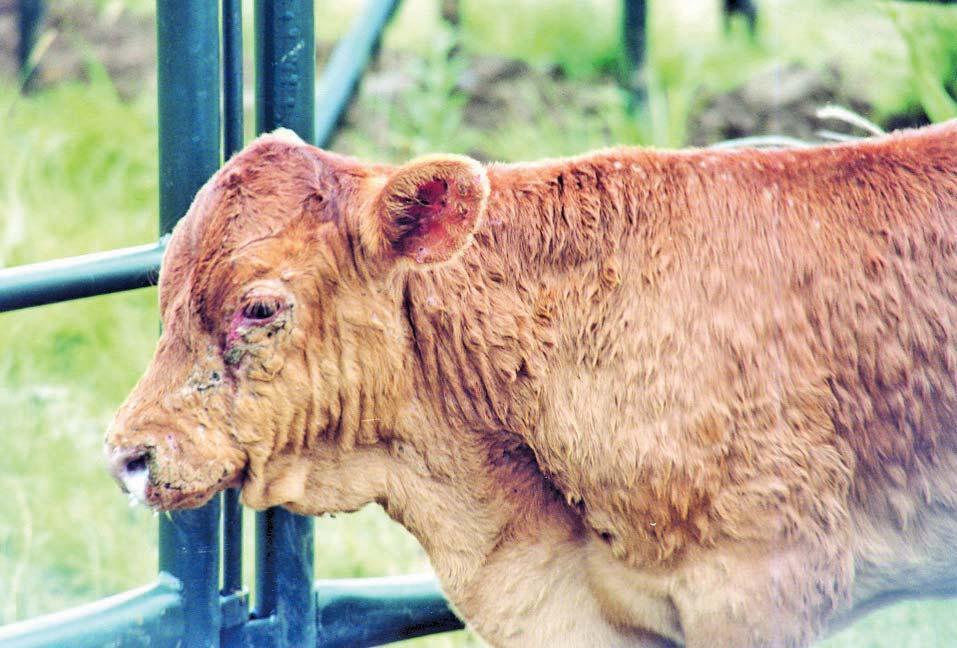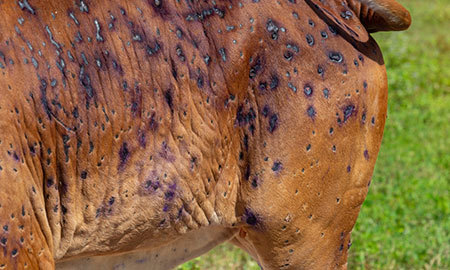Lumpy Skin Disease
TasFarmers are extremely concerned about the recent detections of Foot and Mouth Disease (FMD) in Bali and Lumpy Skin Disease (LSD) in Indonesia
We want to assure you that we are working with government and our peak industry bodies to ensure that our industry is protected. We will endeavour to provide you with as much information as we can
What is Lumpy Skin Disease?
Lumpy Skin Disease (LSD) is a devastating and highly infectious cattle and buffalo disease caused by the capripox virus. The disease has never been recorded in Australia, but is spreading rapidly internationally.
Since 2012 LSD has spread from Africa to Europe and 2019 it was reported in Asia and the Pacific region. Indonesia reported confirmed cases in early 2022.
How easily could LSD be introduced?
Introduction of the disease from insects entering Australia on aircraft or ships represents a relatively low risk because LSD has a short survival time in insects. The numbers of vectors entering Australia in this way would be low.

How is it transmitted?
Lumpy skin disease (LSD) is a serious and highly contagious emergency animal disease that affects cattle and buffalo. It has never been detected in Australia before, but its rapid spread overseas makes it a serious threat to Australia’s cattle and buffalo industries.
LSD is a poxvirus (a virus from the Poxviridae family) which can be spread by biting insects such as mosquitoes, flies and potentially ticks, through contaminated equipment and products, or directly from infected animal to animal. The virus causes painful skin lesions which can erupt and become infected. Other symptoms include fever, reluctance to move, watery eyes, and loss of appetite. There is no threat to human health from LSD.
How do I identify LDS disease?
Clinical signs of LSD in cattle include:
* Firm, raised nodules up to 50 mm in diameter developing on the skin around the head, neck, genitals and limbs (can develop on any part of the body)
* Scabs developing in the centre of nodules, followed by the scabs falling off and leaving large holes which may become infected
* Swollen limbs, brisket, and genitals
* Watering eyes
* Increased nasal and salivary secretion
* Some animals may be asymptomatic (have the disease but display no signs)
The LSD virus can persist in the scabs for up to four months after an animal is infected and can persist in the environment for extended periods.

What can you do?
• Review your on-farm biosecurity plan
• Be aware of the signs of LSD and FMD
• Adhere to all livestock traceability requirements
• Monitor who is coming onto your farm – ensure that any visitors who have recently travelled overseas take the appropriate steps to minimise the risk of transmission through contaminated clothing or shoes.
• If livestock exhibit any unusual signs consistent with LSD, report urgently to a local veterinarian or the
Emergency Animal Disease Watch Hotline on 1800 675 888
